Hanley Sustainability Institute
Sustainable Climate Scholars

Below you will find scholars whose work helps us take urgent action to combat climate change and its impacts:
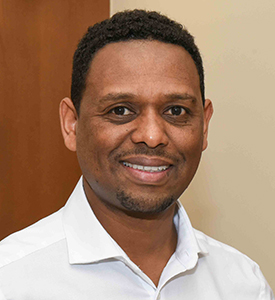
Zelalem is interested in understanding the effect of climate change on water resources (water quantity, quality and sustainability). He also is interested in studying Earth's past climate from terrestrial sedimentary deposits and its perspectives on climate change. His research involves both field data collection and geochemical/isotope laboratory analyses.
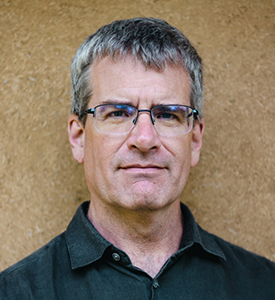
Robert has been publishing research related to sustainability for the past decade, ranging from topics of fossil fuel availability and how this impacts climate change scenarios, to building energy efficiency scenarios and the integration of fluctuating renewable energy resources into existing power systems. Most recently, his focus has been on access to and consumption of energy in developing countries and the connections between energy use and Sustainable Development Goal targets.
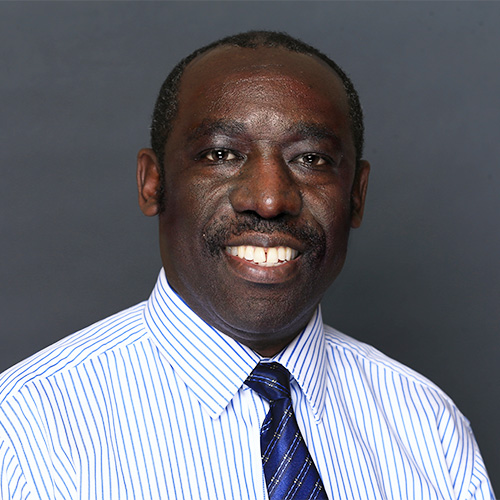
Deogratias' interest that relates to sustainability is promoting sustainable transportation that includes walking, cycling, public transportation, car sharing, bike sharing and green vehicles.
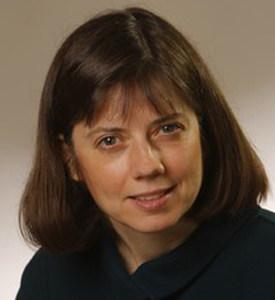
Elizabeth is a Catholic constructive theologian. Her areas of scholarship include theological responses to ecological degradation with particular attention to climate change, biodiversity protection and agriculture.
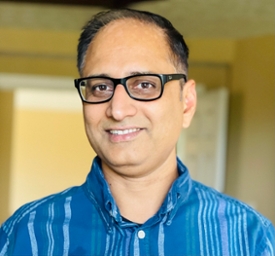
Umesh's research includes studying cryosphere around the world to determine the sustainable future of glacier and water resources along with natural hazards in the mountainous environment. He uses satellite remote sensing, field-collected data, mathematical modeling and artificial intelligence techniques.
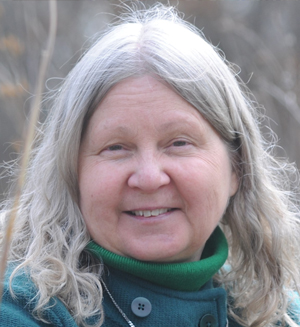
Leanne's sustainability interests are in education, outreach and advocacy while engaging the general public and faith communities on climate change issues, working with faith communities on environmental concerns and spirituality and climate change's impacts on terrestrial ecosystems and plant reproduction.
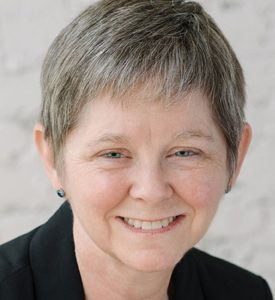
Kelly is a scholar of theological ethics whose work explores, among other things, truthful practices of gratitude, hope and joy in the midst of the climate catastrophe.
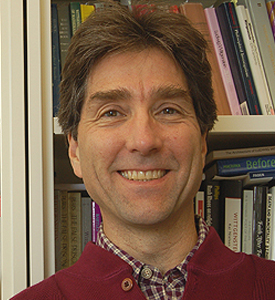
Sustainability is both a material and a moral issue. On the material side, Brad teaches engineering ethics with an eye to sustainability as related to both engineering and manufacturing (extraction of raw materials, production and use of energy, our cultural addiction to petroleum-based plastic, etc.). On the moral side, his research in virtue ethics deals, in part, with a kind of cultural moral myopia that prevents us from seeing and attending to the urgency of climate change and its fallout.
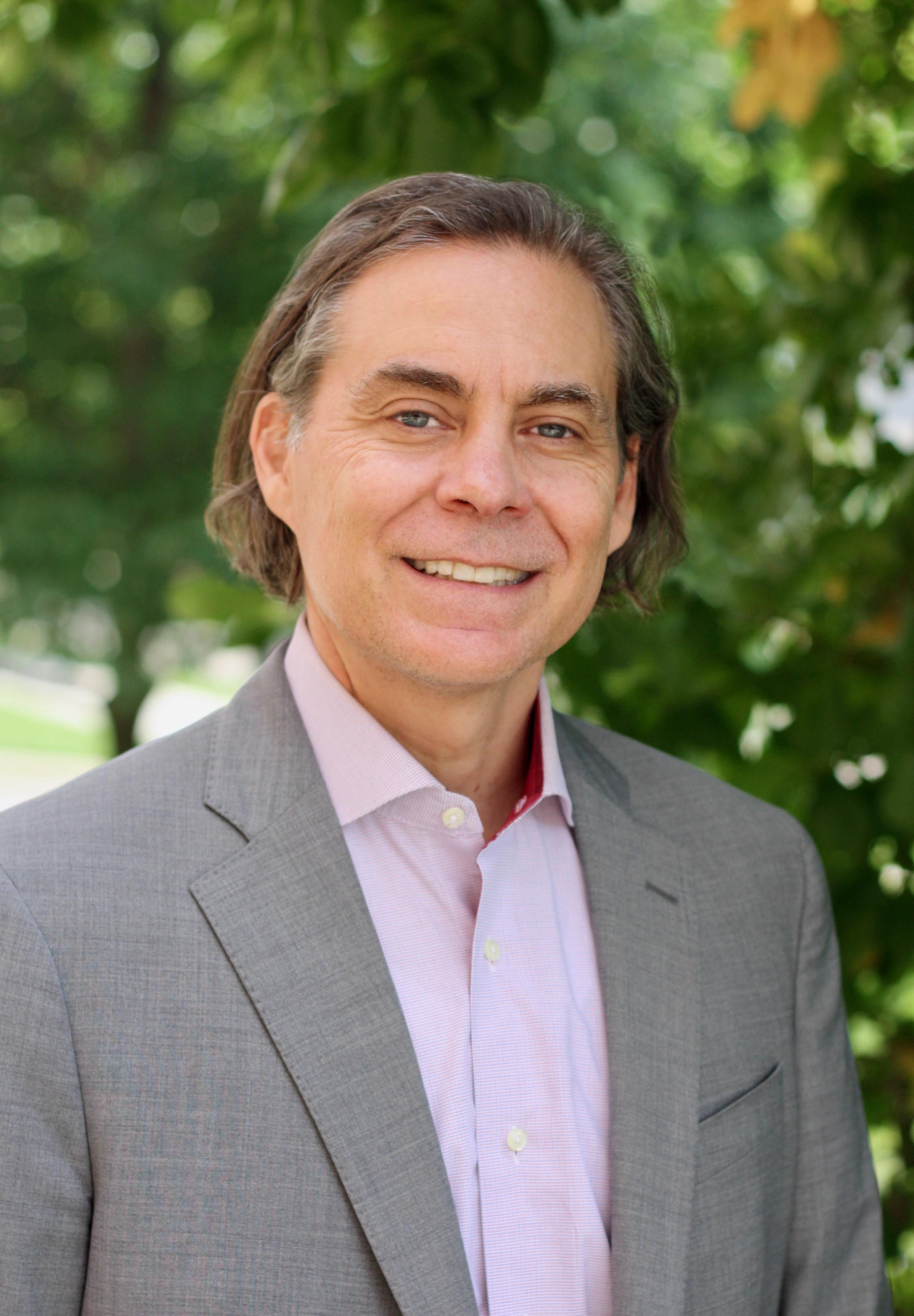
Kevin's interest is sustainability stems from his background and experience in environmental science, law and policy. He's spent his life protecting the environment, fighting climate change and promoting sustainability.
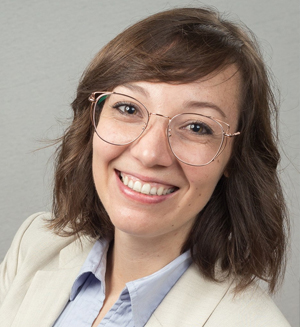
Joy's interests in sustainability stem from her research in social and cognitive psychology. Her research examines people's perceptions of uncertain threats (e.g. climate change) and people's intentions to engage in behaviors (e.g. sustainable behaviors) that minimize threat.
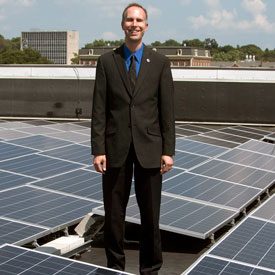
Ben's research interests stem from a deceptively simple question: How can we build a future that is sustainable and resilient? Put another way, what changes can we make at the household, organizational and societal levels in order to live in a way that can be sustained and that will be resilient to the increasingly severe impacts of climate change?
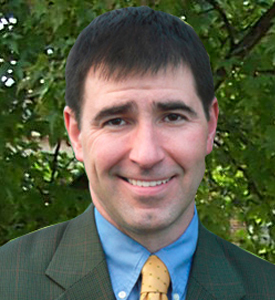
Vincent has written and lectured extensively on climate change. In partnership with HSI, he organized “Everything Is Connected," an international conference in 2016 on the encyclical at UD and edited the resulting volume "The Theological and Ecological Vision of Laudato Si" (Bloomsbury, 2017). In 2017, he was a writer in residence at the HJ Andrews Experimental Forest in Blue River, Ore., as part of its Long Term Ecological Reflections project.
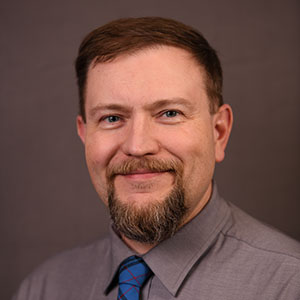
Alexander's research interests in sustainability focus on ensuring fire safety performance against current and new fire risk scenarios in a changing climate and built environment. This includes development of new environmentally friendly flame retardant materials as well as enabling the design and implementation of recyclable/sustainable fire-safe materials.
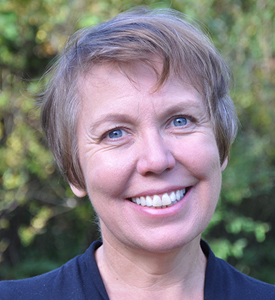
Most of Rebecca's current work and research on sustainability is in the area of education and curricular development. However, her research also considers discourse and narrative through the lens of eco-criticism, focusing on the use of story to comprehend and respond to harmful environmental impacts such as climate change, environmental risk, and food insecurity.

Todd is interested in all aspects of sustainable systems, with a special interest in alternative energy solutions and the science of climate change.
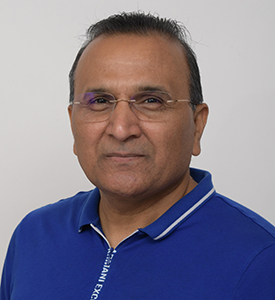
Muhammad's sustainability research interests include computational methods to approximate the solution of models from climate change, water waves, engineering, biology and medicine. Most realistic models involve nonlinear differential or partial differential equations. He says in order to simulate the outcome of a model it is important to develop algorithms to solve the model.
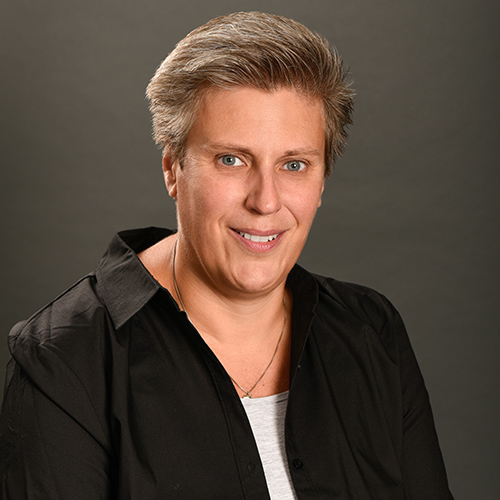
Miranda is interested in sustainability in relation to the interaction of light with the environment, specifically the atmosphere (air) and ocean, rivers and lakes (water). This includes optical detection of microplastics in water, atmospheric turbulence around wind turbines, monitoring air pollution and access to fast internet through free space optical communication.
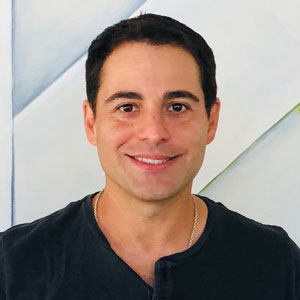
Matthew's empirical and applied sustainability work stems from a compelling interest in (re)engaging global citizenship education (from local to global) as a core engine/mechanism for reaching sustainable development (often but not solely through the UN SDG framework). He employs human-centered and organizational frameworks and methods in communally-engaged contexts in comparative and international higher education, immigrant education, formal and non-formal education and development spaces.
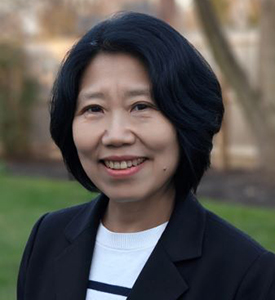
Shuang-ye's research focuses on the potential impacts of climate change on the hydrological cycle and its regional impacts on precipitation, extreme storms, floods and droughts.
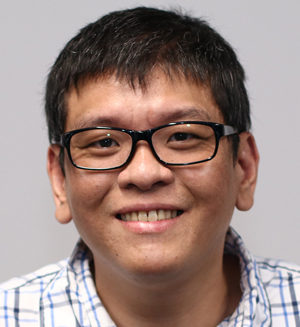
Primary research focuses on using GIS (Geographic Information Systems) and related software (such as Google Earth Engine, Python and R) as a tool to study issues related to physical geography, flood, hydrology, human-environmental interaction and environmental justice. Also involved in different projects on a variety of sustainability-related issues and community engagement.
